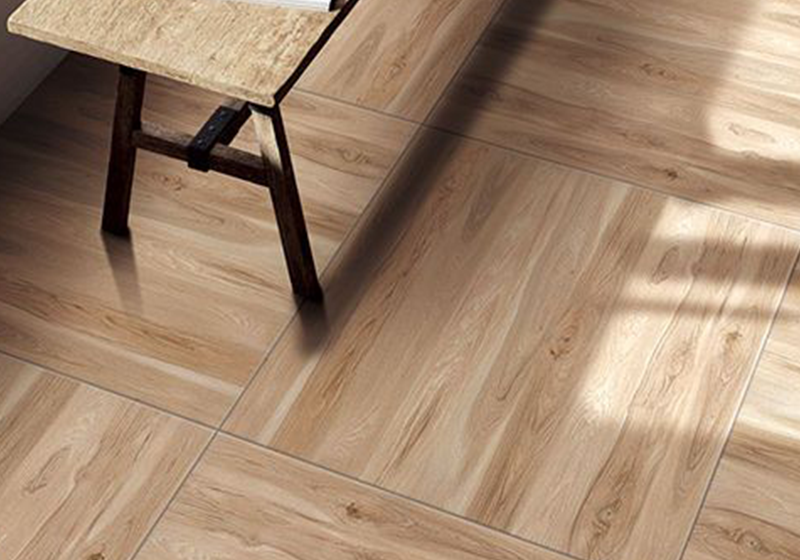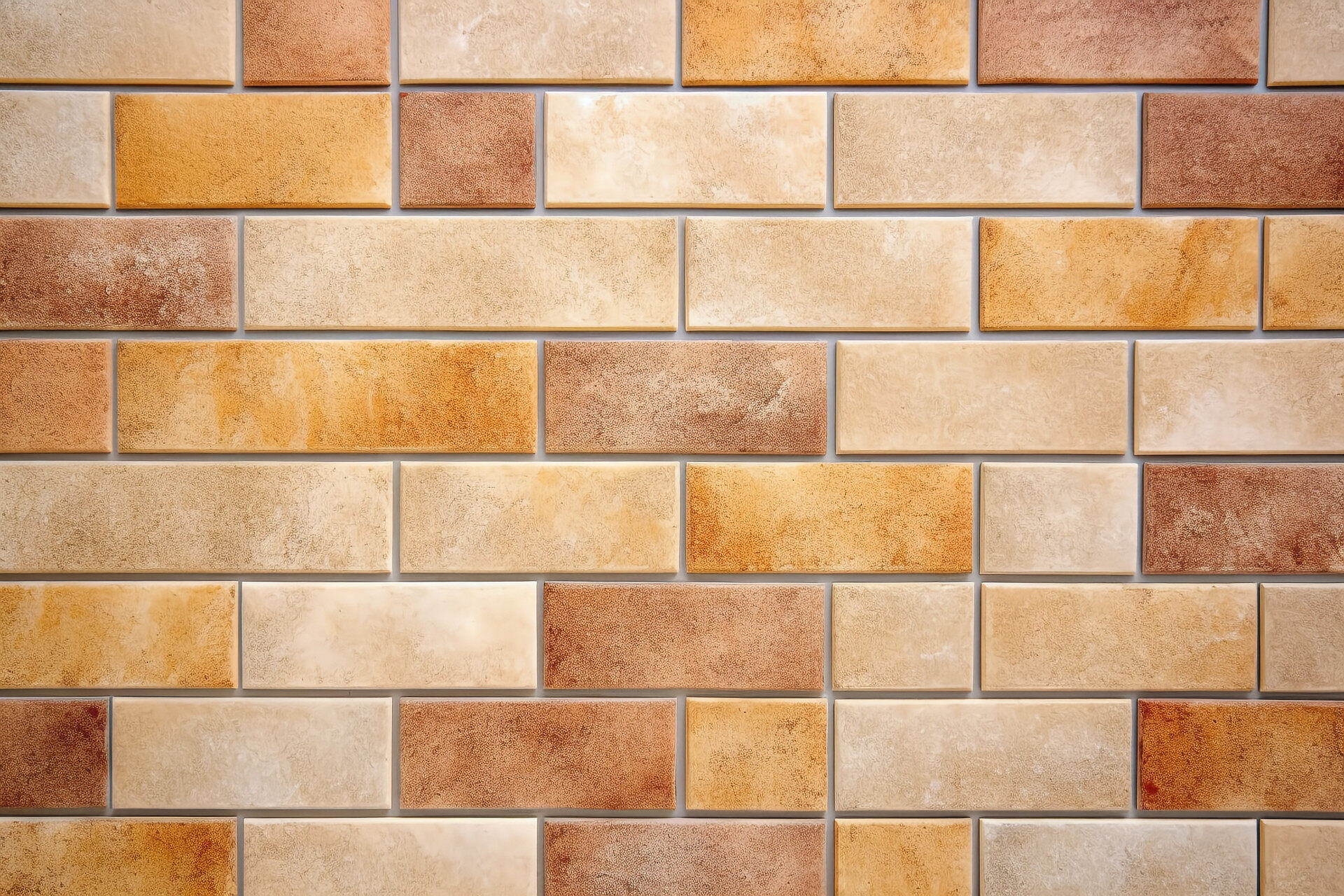Porcelain Wood Floor Tiles: The Perfect Blend of Elegance and Durability
Porcelain wood floor tiles have gained immense popularity in recent years. These tiles offer the perfect blend of elegance and durability, making them a preferred choice for homeowners and interior designers alike. In this post, we will explore the various aspects of porcelain wood floor tiles, including their benefits, design options, installation process, and maintenance tips. So, let’s dive in!
Understanding Porcelain Wood Floor Tiles
1.1 What are Porcelain Wood Floor Tiles?
Porcelain wood floor tiles are ceramic tiles that mimic the appearance of natural wood. They are made from a mixture of clay, sand, and other natural materials, which are then fired at high temperatures to create a dense and durable tile. The surface of these tiles is designed to resemble the texture and grain patterns found in real wood, giving them a realistic and natural look.
1.2 Benefits of Porcelain Wood Floor Tiles
Porcelain wood floor tiles offer several advantages over traditional hardwood flooring. Firstly, they are highly durable and resistant to wear and tear. Unlike wood, porcelain tiles do not scratch easily and are less prone to damage from moisture, making them suitable for high-traffic areas such as kitchens and bathrooms. Additionally, these tiles are fade-resistant and UV stable, ensuring that their color and appearance remain intact even in areas exposed to direct sunlight.
1.3 Design Options: Porcelain Tile Floors that Look Like Wood
One of the major advantages is the wide range of design options available. These tiles come in various colors, finishes, and sizes, allowing homeowners to choose the perfect style that complements their interior design. From light oak to dark walnut, there is a kind of floor tile to suit every taste and preference.
1.4 Porcelain Tile Wood Flooring: Aesthetic Appeal and Practicality
It offers the best of both worlds - the aesthetic appeal of wood and the practicality of porcelain. With their realistic wood grain patterns and textures, these tiles can add warmth and character to any space. Moreover, they are easy to clean and maintain, requiring only regular sweeping and occasional mopping to keep them looking their best.
1.5 Porcelain Tile Wood Grain Flooring: Adding Texture to Your Space
The texture adds depth and visual interest to any room. Whether you prefer a smooth and polished finish or a more rustic and distressed look, there is a kind of floor tile with the perfect grain pattern for your desired style. This texture not only enhances the overall appearance of the space but also provides a slip-resistant surface, making it a safe choice for areas prone to moisture.
1.6 Porcelain Tile Wood Look Floors: The Illusion of Real Wood
They are designed to create the illusion of real wood without the maintenance and durability issues associated with natural wood. These tiles are carefully crafted to replicate the knots, grains, and color variations found in different wood species. The result is a floor that looks and feels like real wood but offers the durability and longevity of porcelain.
1.7 Faux Wood Porcelain Floor Tile: A Sustainable Alternative
It is an eco-friendly alternative to traditional hardwood flooring. By using porcelain tiles that mimic the appearance of wood, homeowners can enjoy the beauty of wood without contributing to deforestation. Additionally, porcelain tiles are made from natural materials and can be recycled, making them a sustainable choice for environmentally conscious individuals.
Installation Process
2.1 Preparing the Subfloor
Before installing the tiles, it is essential to prepare the subfloor properly. The subfloor should be clean, dry, and level to ensure a smooth and stable surface for the tiles. Any existing flooring should be removed, and any cracks or uneven areas should be repaired before proceeding with the installation.
2.2 Choosing the Right Adhesive
Selecting the right adhesive is crucial for the successful installation of porcelain wood floor tiles. It is recommended to use a high-quality, flexible adhesive specifically designed for porcelain tiles. This will ensure proper bonding and prevent the tiles from cracking or shifting over time.
2.3 Laying the Porcelain Wood Floor Tiles
The installation process involves laying the tiles in a staggered pattern, starting from one corner of the room and working towards the opposite wall. Spacers should be used to maintain consistent grout lines, and a tile cutter or wet saw may be required to cut tiles to fit around edges and corners. It is essential to follow the manufacturer’s instructions and guidelines for proper installation techniques.
2.4 Grouting and Sealing
Once the tiles are laid, grouting is done to fill the gaps between the tiles. A grout color that complements the tile color can be chosen to enhance the overall appearance. After the grout has dried, a sealant can be applied to protect the tiles from stains and moisture. Regular resealing is recommended to maintain the longevity and appearance of the porcelain wood floor tiles.
Maintenance Tips
3.1 Regular Cleaning Routine
Maintaining the tiles is relatively easy. Regular sweeping or vacuuming will remove dirt and debris from the surface. Mopping with a mild detergent and warm water is sufficient for routine cleaning. Avoid using harsh chemicals or abrasive cleaners that can damage the tiles.
3.2 Dealing with Stains and Spills
In the event of spills or stains, it is essential to clean them up promptly to prevent any potential damage. Porcelain tiles are resistant to most stains, but acidic substances like wine or vinegar should be wiped up immediately to avoid any discoloration. A mild cleaning solution or a specialized porcelain tile cleaner can be used for stubborn stains.
3.3 Preventing Scratches and Damage
While the tiles are highly durable, it is still important to take precautions to prevent scratches and damage. Placing felt pads under furniture legs, using rugs or mats in high-traffic areas, and avoiding dragging heavy objects across the floor can help maintain the tiles’ pristine condition.
3.4 Long-Term Maintenance
Regular maintenance of porcelain wood floor tiles includes periodic resealing to protect the tiles and grout from stains and moisture. It is also recommended to inspect the tiles for any signs of damage or wear and address them promptly to prevent further issues.
Porcelain Wood Floor Tiles: A Versatile Choice
4.1 Suitable for All Areas of the House
They are suitable for all areas of the house, including living rooms, bedrooms, kitchens, bathrooms, and even outdoor spaces. Their durability and resistance to moisture make them an excellent choice for areas prone to spills and humidity.
4.2 Complementing Different Interior Styles
With their wide range of design options, they can complement various interior styles. From contemporary to rustic, these tiles can seamlessly blend into any design scheme, adding warmth and character to the space.
4.3 Enhancing Outdoor Spaces
They are not limited to indoor use. They can also be used to enhance outdoor spaces such as patios, decks, and pool areas. These tiles are resistant to fading, moisture, and temperature changes, making them a durable and stylish choice for outdoor flooring.
Durability and Longevity
5.1 Resistant to Wear and Tear
They are highly durable and resistant to wear and tear. They do not scratch easily and can withstand heavy foot traffic without losing their appearance or structural integrity.
5.2 Withstanding Moisture and Humidity
Unlike natural wood, they are not affected by moisture or humidity. They do not warp, swell, or rot when exposed to water, making them an ideal choice for areas such as bathrooms and kitchens.
5.3 Fade-Resistant and UV Stable
They are fade-resistant and UV stable, ensuring that their color and appearance remain intact even in areas exposed to direct sunlight. This makes them suitable for rooms with large windows or outdoor spaces.
5.4 Impact and Scratch Resistance
They are highly resistant to impacts and scratches, making them suitable for households with children or pets. They can withstand the daily wear and tear without losing their beauty or functionality.
Cost-Effectiveness
6.1 Initial Investment vs. Long-Term Savings
While the initial cost of porcelain wood floor tiles may be higher than traditional hardwood flooring, their long-term savings make them a cost-effective choice. These tiles require minimal maintenance and do not need to be refinished or replaced as frequently as natural wood.
6.2 Return on Investment
Investing in the tiles can increase the value of your home. Their durability, aesthetic appeal, and low maintenance requirements make them an attractive feature for potential buyers.
6.3 Eco-Friendly Choice
Faux wood porcelain floor tiles are an eco-friendly alternative to traditional hardwood flooring. By choosing porcelain tiles that mimic the appearance of wood, homeowners can enjoy the beauty of wood without contributing to deforestation. Additionally, porcelain tiles are made from natural materials and can be recycled, making them a sustainable choice for environmentally conscious individuals.
Conclusion
In conclusion, porcelain wood floor tiles offer a perfect blend of elegance and durability, making them an ideal choice for homeowners and interior designers. With their wide range of design options, including porcelain tile floors that look like wood, porcelain tile wood flooring, porcelain tile wood grain flooring, porcelain tile wood look floors, and faux wood porcelain floor tile, these tiles can seamlessly fit into any interior style. Additionally, their easy installation process and low maintenance requirements make them a practical choice for busy households. So, if you’re looking for a flooring option that combines aesthetic appeal, practicality, and longevity, porcelain wood floor tiles are the way to go!


